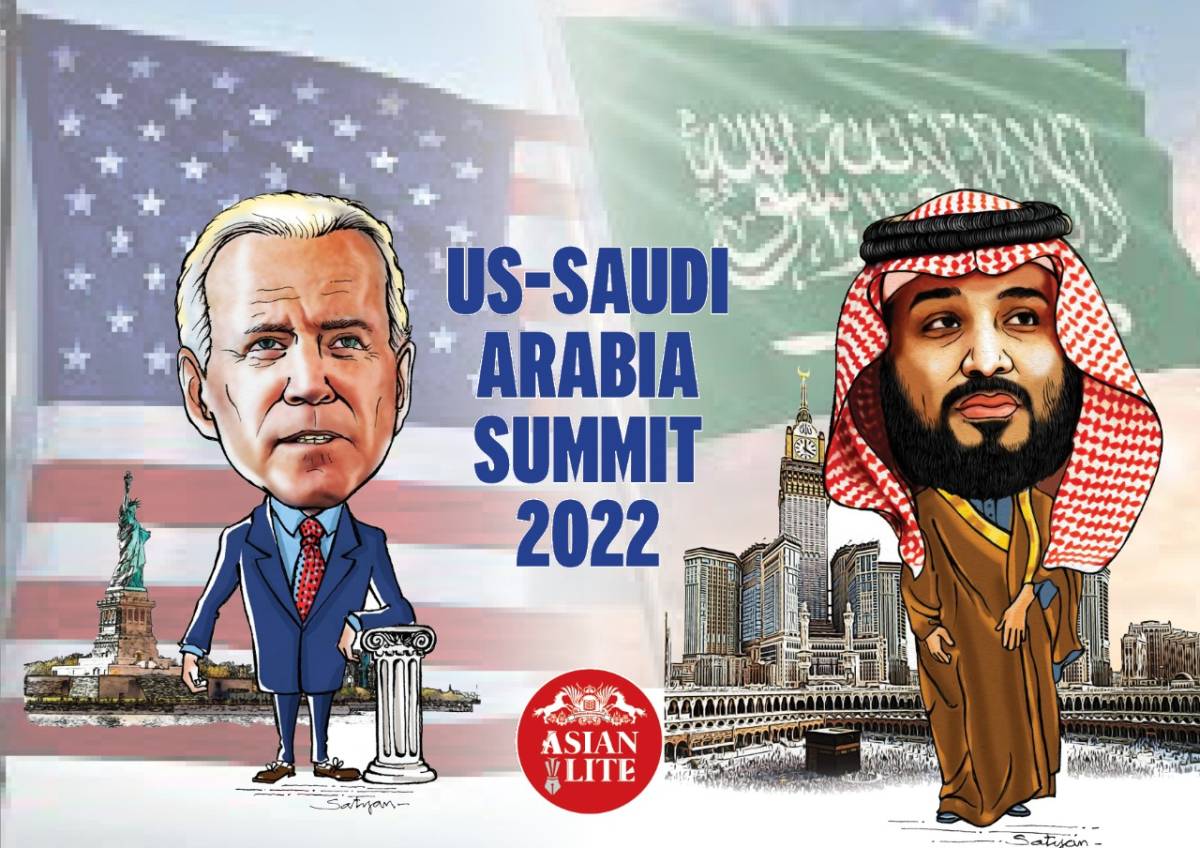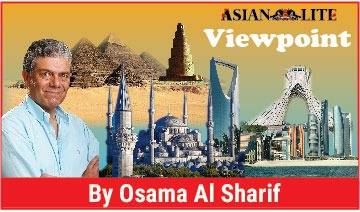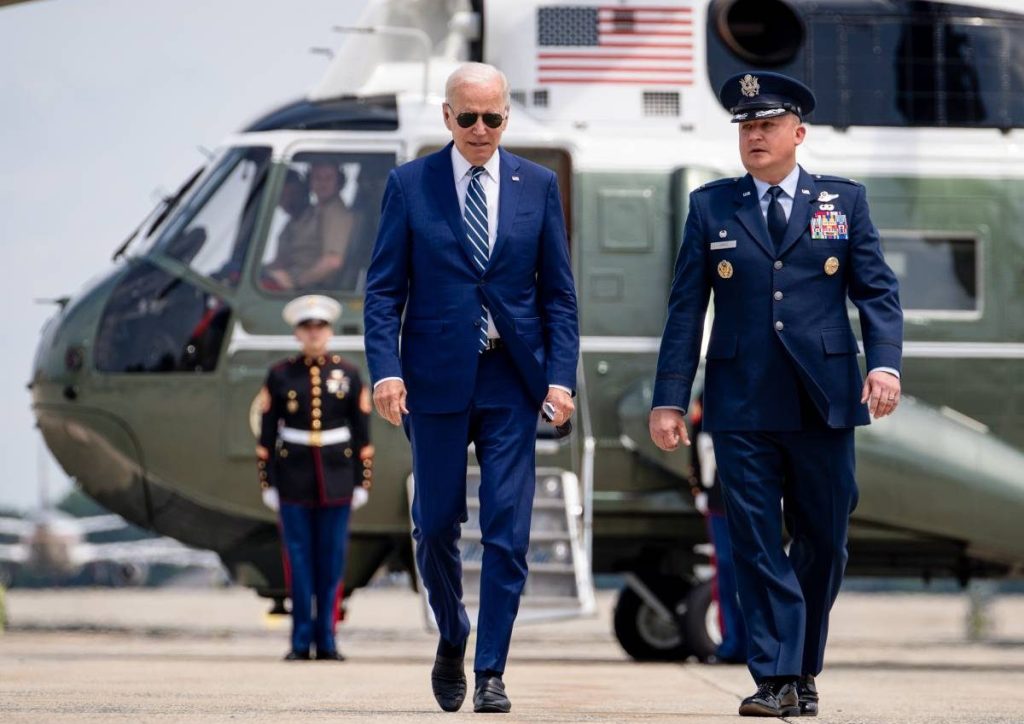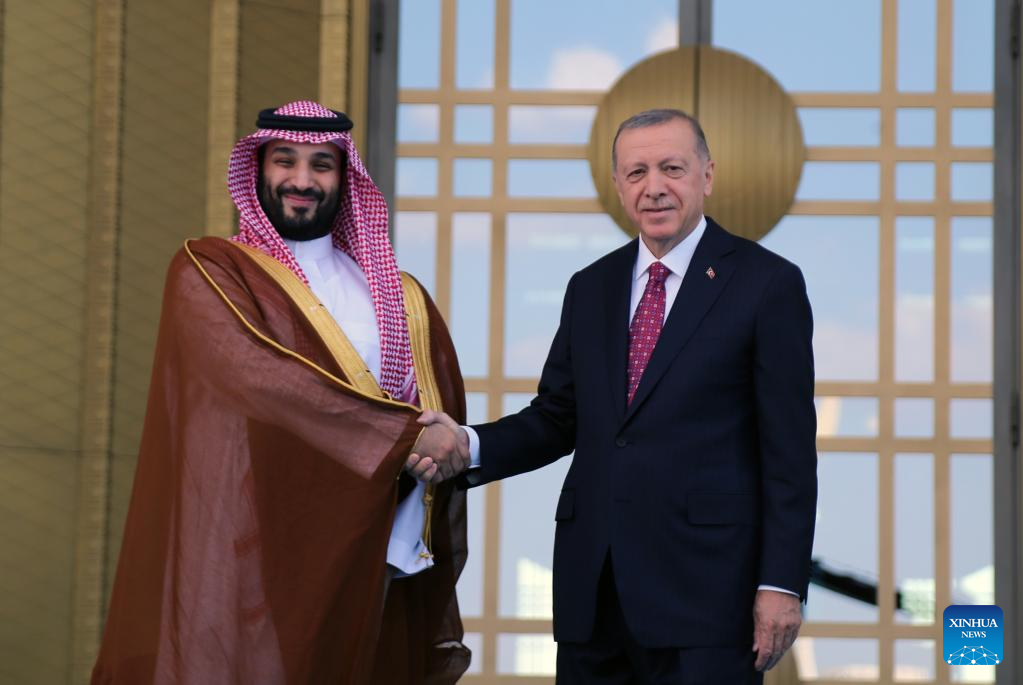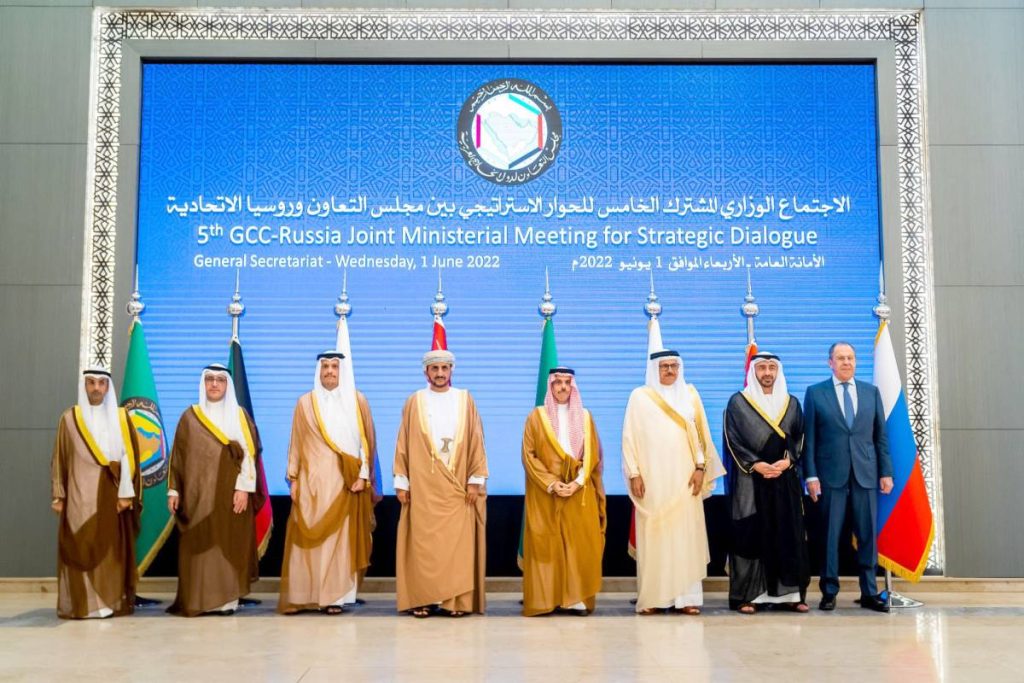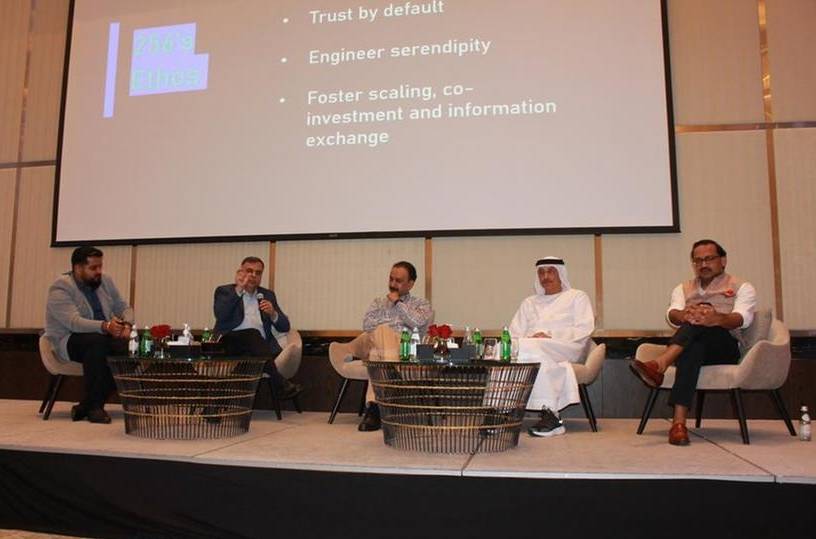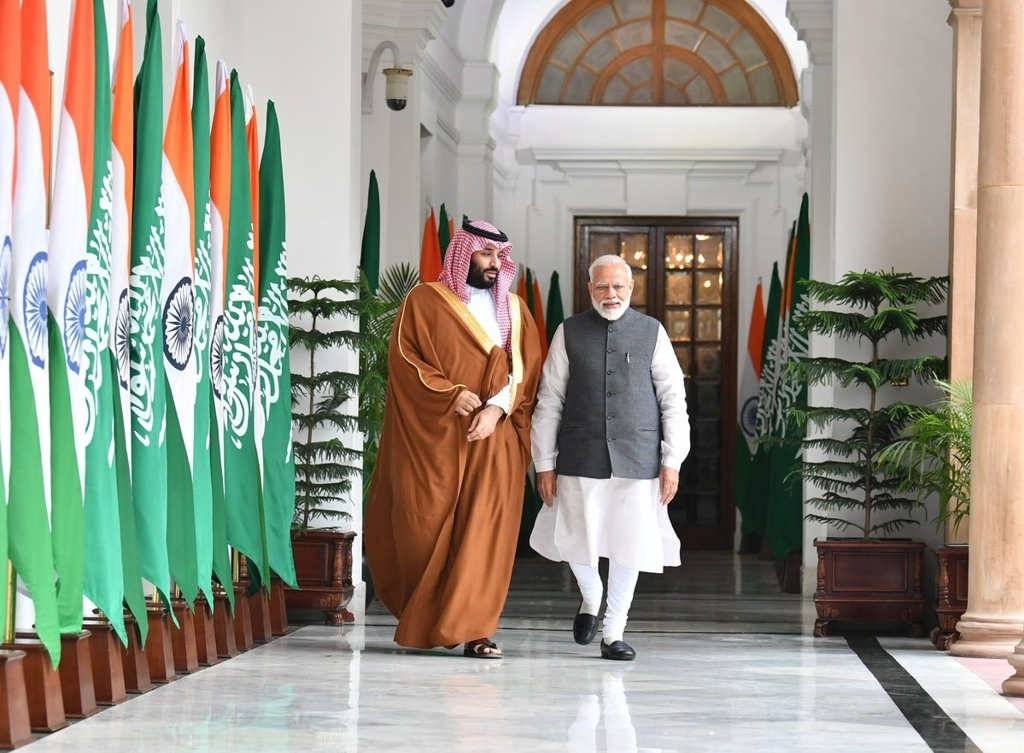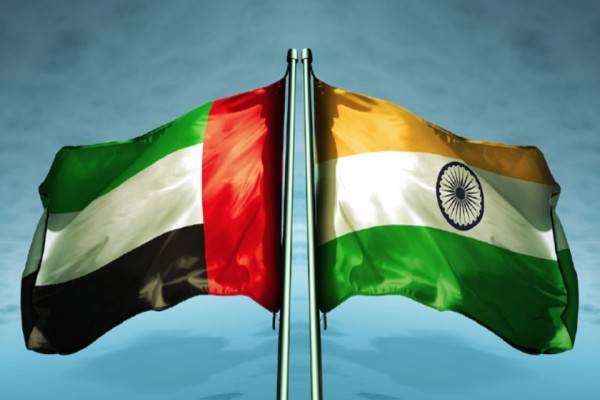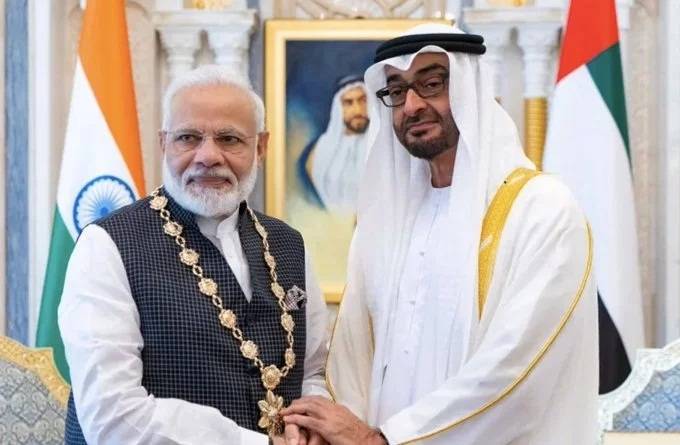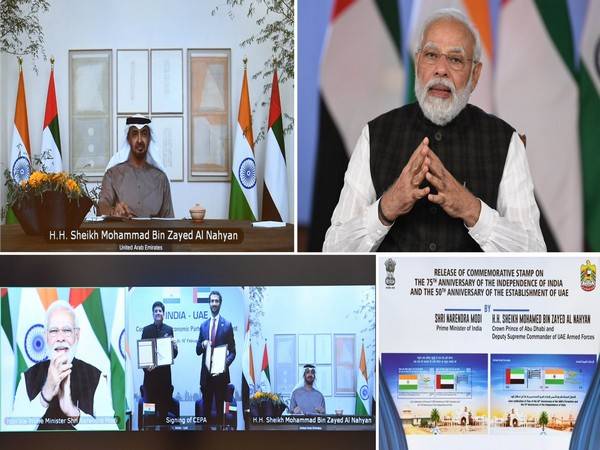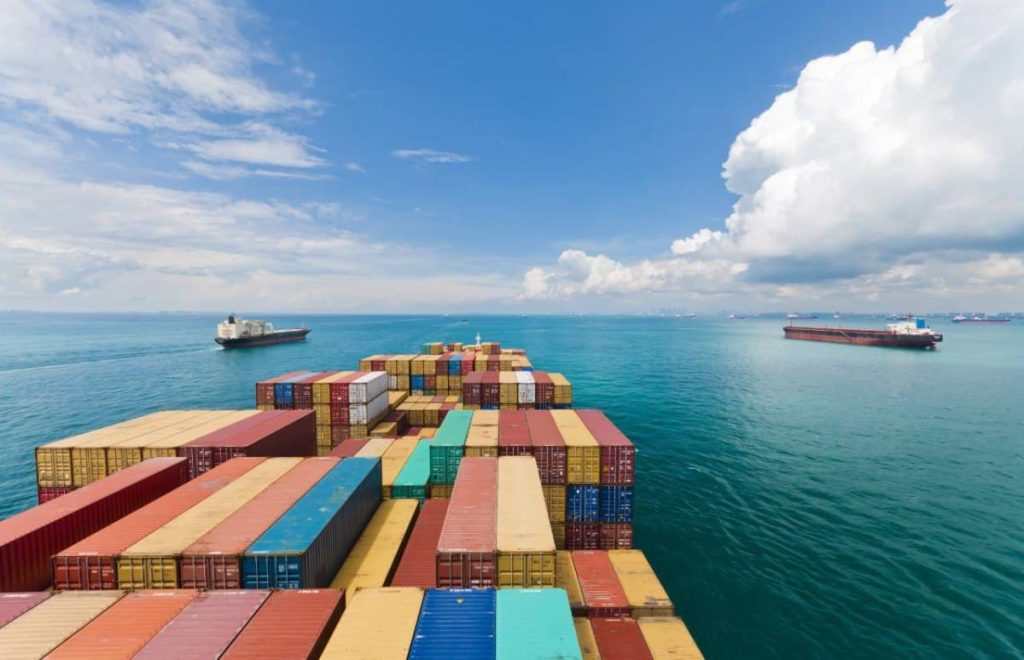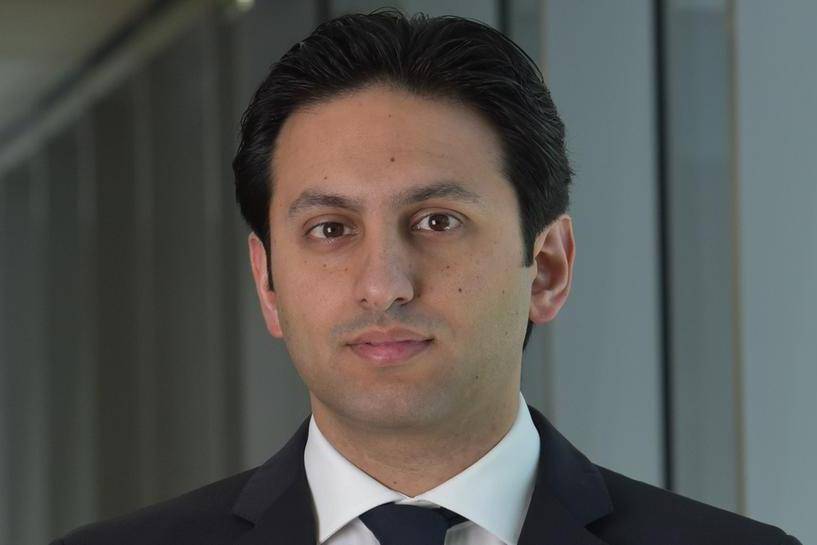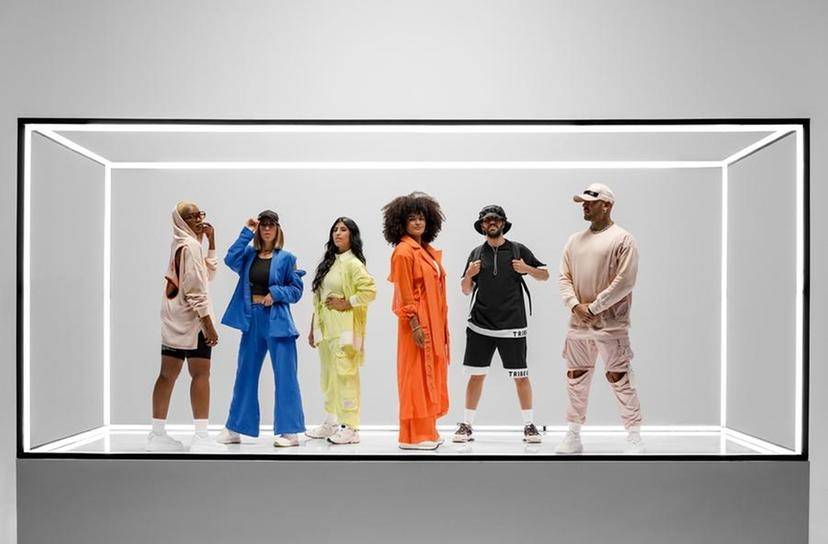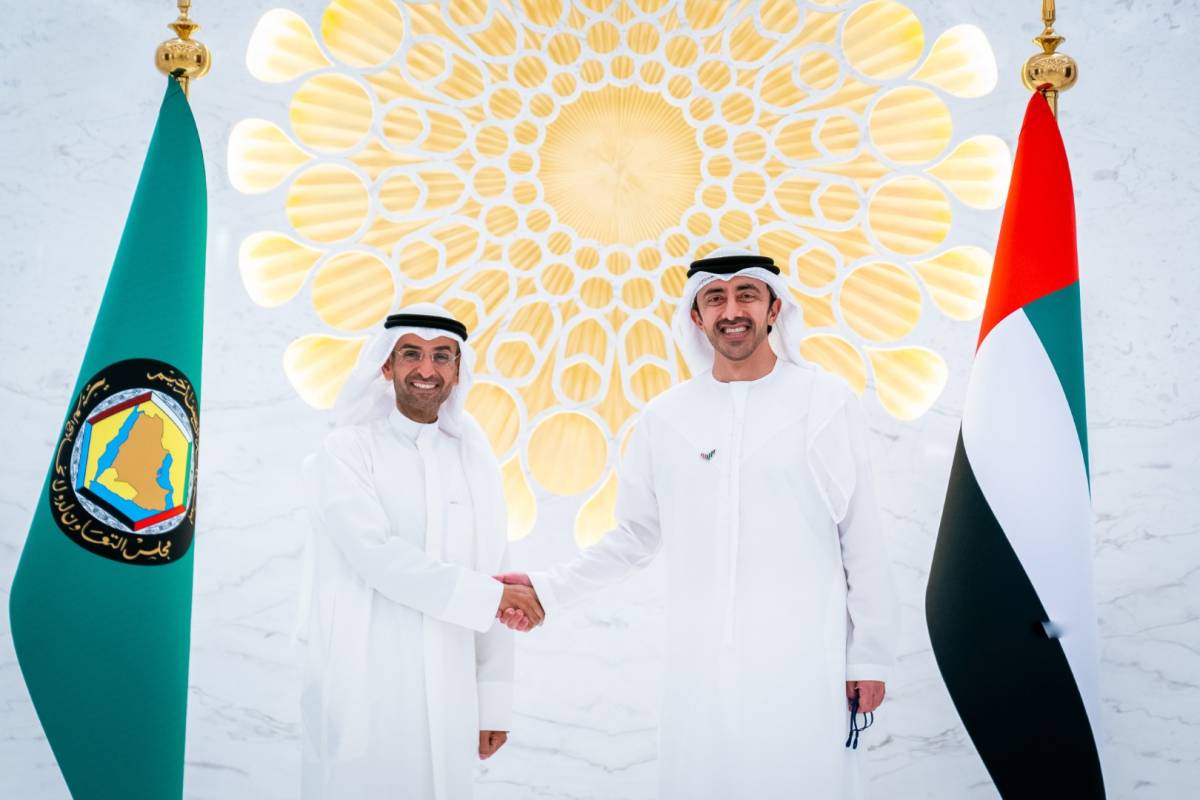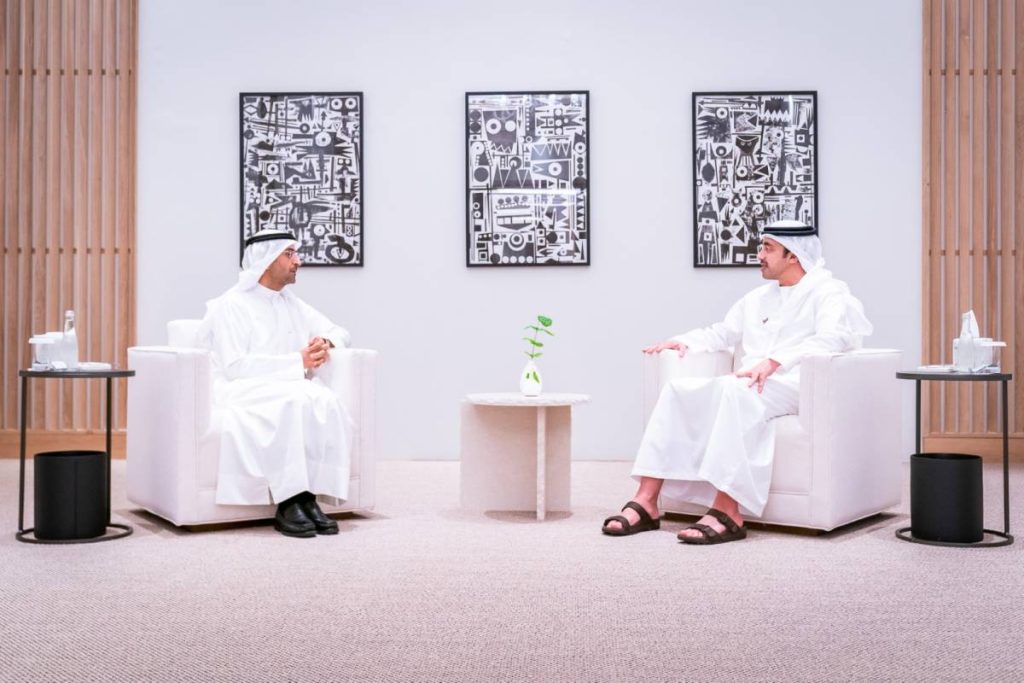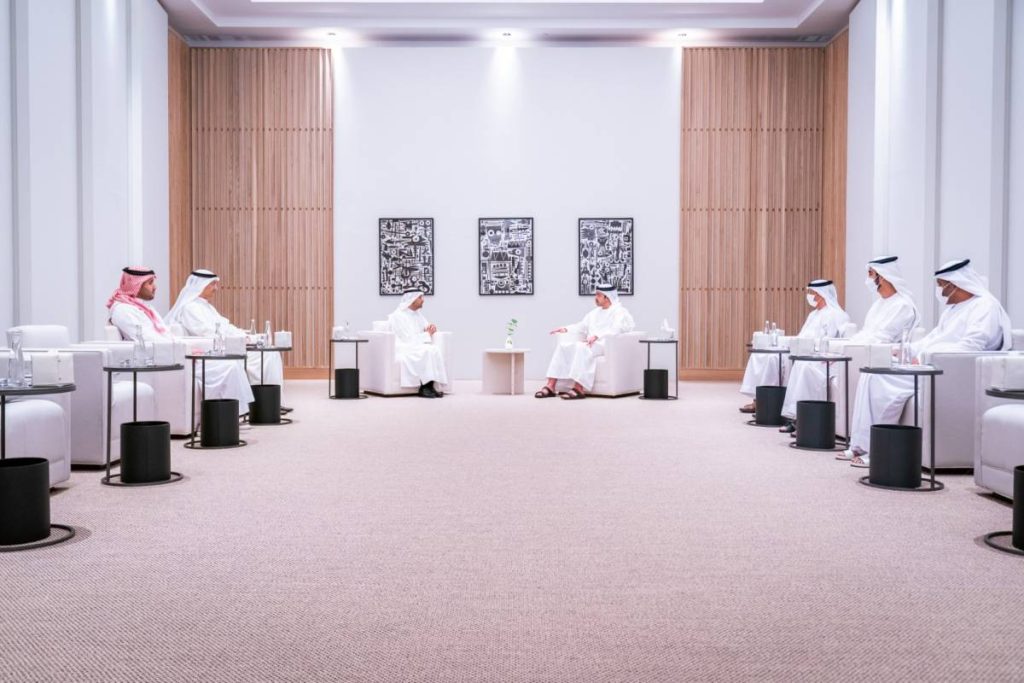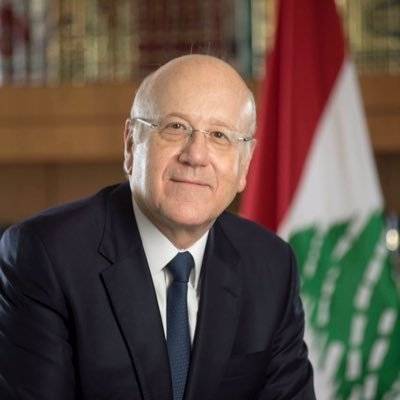President Biden is hoping to build bridges with Saudi Arabia. He is planning to reasserting America’s influence in the region after a period of neglect … reports Azeez Anasudin from Jeddah
US President Joe Biden will arrive in Jeddah on Friday to attend the first major summit in the post-Covid era in the Middle East. He will meet leaders of six-member Gulf Co-operation Council (GCC) besides Egypt, Iraq and Jordan. The summit labelled US-GCC Plus Three will bring tectonic shifts in regional power equations. Saudi Arabia will back on saddle to lead the region’s peace and progress.
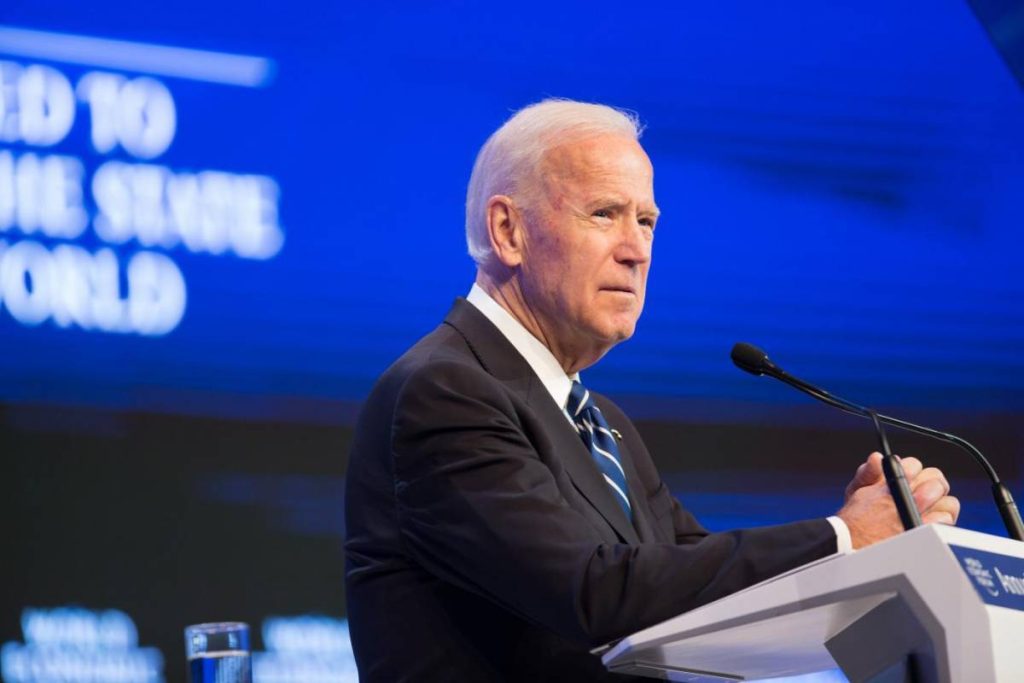
President Biden is hoping to build bridges with Saudi Arabia. He is planning to reasserting America’s influence in the region after a period of neglect.
The US president said Washington’s strategic pivot away from the Middle East had been a mistake, and his trip to the Kingdom would “promote US interests.”
“There are so many issues at stake, I want to make clear that we can continue to lead in the region and not create a vacuum, a vacuum that is filled by China and/or Russia,” he added.
Meanwhile, White House national security adviser Jake Sullivan said the president wants to use his trip to deepen Israel’s integration in the region and will be working toward “progress and momentum” on discussions surrounding relations between Israel and Saudi Arabia.
Sullivan said any normalization between Israel and Saudi Arabia was likely to take a long time.
“It is our hope and expectation, as we look out into the future, we can help facilitate Israel’s deeper integration into the region across the board. Specifically, with respect to Israel and Saudi Arabia, I’m not going to get ahead of very intensive work that will be done in the course of this trip. Any normalization of any kind would be a long process but looking for progress and momentum in that direction is certainly something we’re focused on as we head off to the Middle East,” he said.
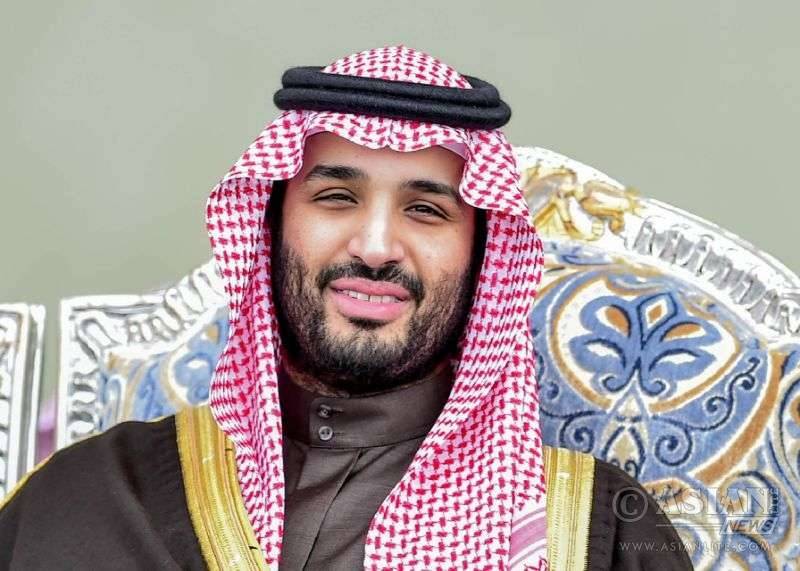
The US is also trying to deepen its ties with regional powerheads. He had discussions with I2U2 leaders on Thursday focussing on water, energy, transportation, space, health, and food security. The first projects of the I2U2 will be in India and help with agriculture, food and green energy. Biden discussed key issues with Indian Prime Minister Narendra Modi, Israel’s Yair Lapid and UAE President Sheikh Mohammed bin Zayed Al Nahyan.
The president will arrive in Jeddah on Friday after flying directly from Tel Aviv. Before flying to Jeddah on Friday, Biden will hold talks in the occupied West Bank with Palestinian President Mahmoud Abbas. On Thursday he reaffirmed Washington’s policy of pressing for “a two-state solution for two people, both of whom have deep and ancient roots in this land, living side by side in peace and security.”
In another development, an influential Saudi diplomat says the US-Saudi ties are crucial for global peace and prosperity and will defeat the rise of communism.
“President Biden’s upcoming visit to Saudi Arabia is ‘pivotal’ for developing the American-Saudi partnership and ensuring mutual, and global peace and prosperity. It has been almost 80 years since the founder of my country, King Abdulaziz, met with President Franklin D. Roosevelt to lay the foundation for a postwar Middle East,” Princess Reema bint Bandar, Kingdom’s ambassador to Washington, stated in an opinion article published by Politico. “Since that day, our two countries worked together to defeat Soviet communism, guarantee global energy security, contain a revolutionary Iran, repel Saddam Hussein from Kuwait and, more recently, destroy Al-Qaeda and Daesh,” she wrote.
Princess Reema added that the Kingdom and the US need to do a great deal more as partners “in these very perilous times.”
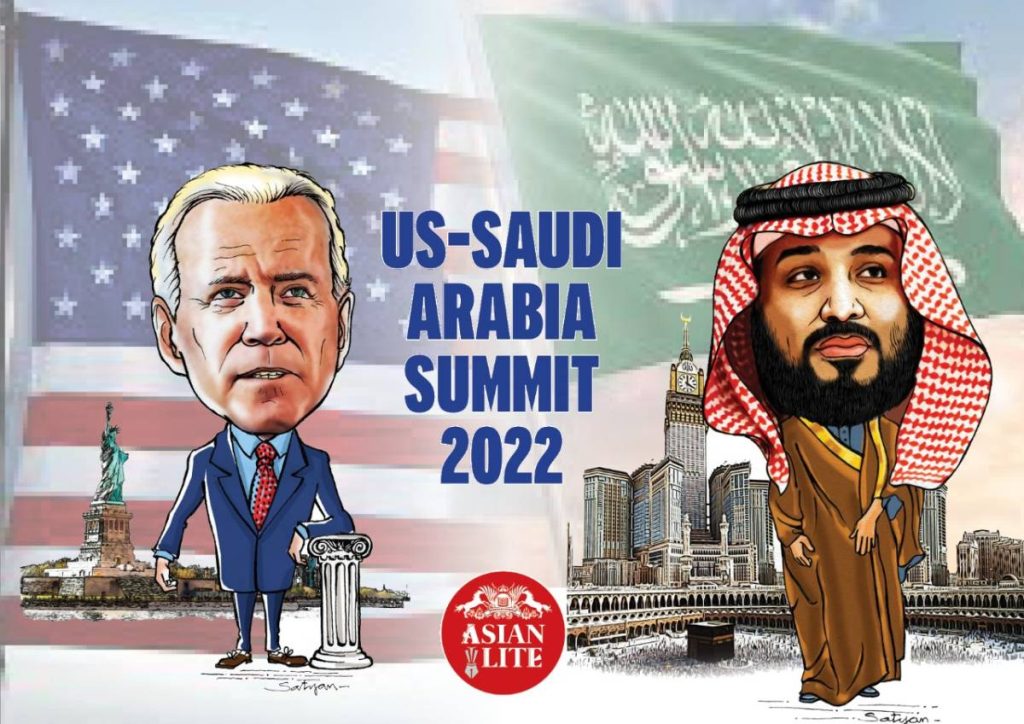
“As my nation develops, so too, must the US-Saudi partnership. And that is why the upcoming visit by President Joe Biden to Saudi Arabia is so pivotal. For our relationship to deliver peace and prosperity for both of our peoples and the wider world, we must redefine the contours of the next eight decades of this critical alliance.
“Long gone are the days when the US-Saudi relationship could be defined by the outdated and reductionist ‘oil for security’ paradigm. The world has changed and the existential dangers facing us all, including food and energy security and climate change, cannot be resolved without an effective US-Saudi alliance,” she said.
Political pundits in the region are asserting the visit is an attempt to tackle the fallouts of Ukraine war and energy crisis.
Amman-based political science professor and geopolitical expert Amer Al Sabaileh told The Media Line that the visit will help facilitate the return of Saudi power to the region.
“For Jordan, the visit has little direct meaning,” Sabaileh said.
“The American president’s visit is meant to strengthen Israel and help return Saudi Arabian influence in the region so that it can be a major player for peace.” He was quoted as saying. “The fact that President Biden will be meeting directly with the Palestinian leadership means that this time around, Jordan will not have much of a political role.”
Jordanian political scientist Taghreed Odeh told The Media Line that the challenges facing the region range from cementing the cease-fire in Yemen, to movement in the Arab-Israel conflict, as well as standing up to the threat from Iran.
The Amman-based Global Network on the Question of Palestine issued a statement about the Jeddah summit saying that it has “strong reservations” with respect to further US and Arab policy shifts.
“We believe they amount to a repudiation of the international community’s responsibility to achieve a comprehensive, just, and durable peace that guarantees the inalienable rights of the Palestinian people,” the statement said.

